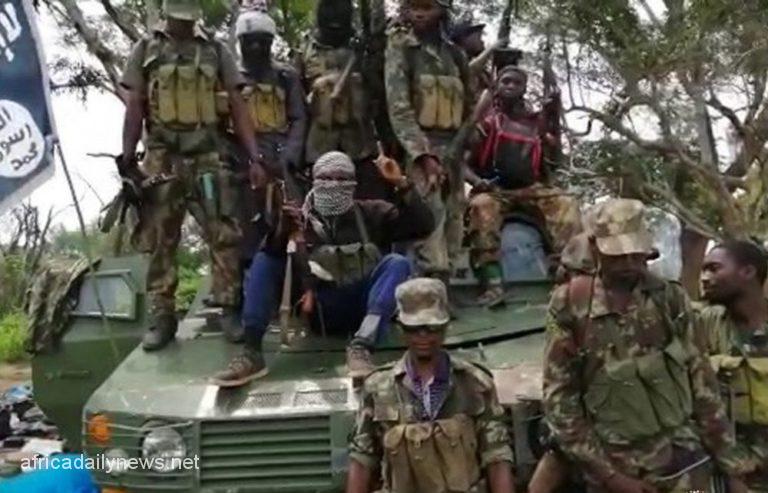As the spate of insurgency and Islamist violence rises in northern Mozambique, at least three people have been beheaded in a new outbreak, the police reported on Wednesday.
“Last Friday, terrorists invaded some farms in the first village in Macomia district and beheaded three citizens and kidnapped some women,” provincial police chief Vicente Chicote told AFP.
“After that, they went to another farm where they beheaded more people,” he added.
On Sunday, the insurgents attacked the village of Chicomo, where a gunbattle broke out with military forces there, Chicote said.
On Wednesday, the insurgents staged arson attacks in yet another village in Macomia, he added.
The attacks are the deadliest violence so far this year.
The non-profit Armed Conflict Location and Event Data Project reported that at least six people were beheaded in the latest unrest.
Nearly 4,000 people have been killed and 820,000 displaced from their homes since jihadist unrest erupted in northern Mozambique in October 2017.
More than 3,100 troops from several African countries moved into the troubled Cabo Delgado province in July last year and have retaken much of the territory.
At least 24 countries have sent soldiers to support Mozambique in its fight against insurgents in northern Cabo Delgado province.
The discovery of 7,000 “ghost soldiers” in the ranks of a poorly paid and badly trained army underline why Mozambique needs help.
The Carta de Moçambique daily newspaper discovered many of the salaries of fake soldiers were paid to senior defence officials, and that there are a growing number of children of former officers and politicians who receive salaries without ever having been in military training, let alone setting foot in a military unit.
More than 2,000 well trained Rwandan troops were sufficient to largely take control of the two coastal districts, Palma and Mocimboa da Praia, near giant gas fields. Despite their successes, Mozambique’s civil war rumbles on.
The big struggles now are political – about money, the causes of the war, who can fight, and if the gas project can resume.
Cabo Delgado is Mozambique’s resource-curse province, with gas, rubies, graphite, gold and other natural resources.
Protests were growing that the profits were all going to an elite in the ruling party, Frelimo, and that few local jobs were being created.
The coastal zone is historically Muslim. Local fundamentalist preachers said Sharia, or Islamic law, would bring equality and a fair sharing of wealth – effectively, a socialist message.
The war started in 2017 when young people in Mocimboa da Praia attacked the local police station and army post, capturing weapons. Since then, more than 4,000 people have been killed and 800,000 forced from their homes.










